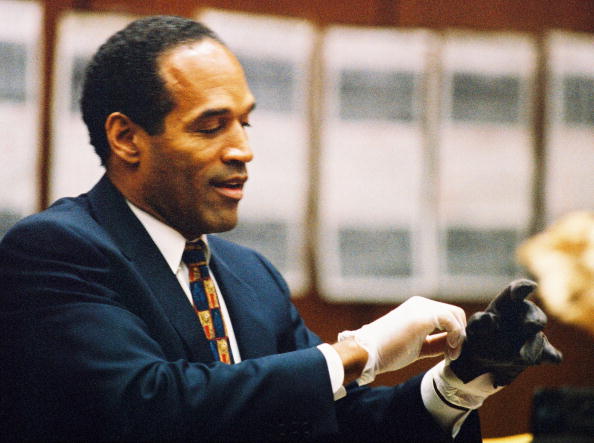Though the current economic crisis may make it feel like we’re all in it together, African Americans are still faring worst – and the gap is growing.
There were two striking items in the most recent issue of The Nation Magazine. The first was a letter, from the Sociologist Stephen Steinberg, complaining that in a previous issue’s lead editorial, “The First Hundred Days,” the magazine laid out an agenda for fighting poverty that included no mention of race or racism. Steinberg wrote, “a colorblind approach will not address the distinct problems African Americans confront: occupational apartheid that leaves half of black men in cities like Chicago and Washington without jobs; the evisceration of affirmative action by all branches of government; mass incarceration that exceeds 2 million, two-thirds of them Black or Latino” and more. The second striking item was the current issue’s lead editorial – Stimulus from Below – warning of the “terrifying” economic data confronting America – rising poverty and unemployment, nearly one in eight Americans food insecure, social service organizations overwhelmed by the growing ranks of people in serious economic distress. And, once again, not a single mention of race or racism.
The problems now confronting the United States are overwhelming and will require massive government intervention to expand our tattered social safety net and stimulate our moribund economy. But, it would be disturbing if the election of America’s first Black President were a license to ignore the persistent racial realities of economic life in America, including the likely disproportionate impact that any economic downturn will have on those already closest to the economic margins. According to the Economic Policy Institute, the period 2000-2007 witnessed stagnant household income growth in the United States. By their estimate, all American households saw an average decline in real income of 0.6% during that period (the updated data for 2008 will obvious show a deteriorating picture). But, those losses were not spread evenly among the population. Whereas white non-Hispanic household income was exactly flat during this period, among African American households, the decline was substantial – 5.1%. Likewise, whereas poverty rose by 1.2% for the country as a whole during 2000-2007, it rose by nearly double that – 2% – for African Americans.
And, remember, of course, poverty rates for African Americans in 2000, though low by historic standards, were already triple the rates of poverty for White Americans (the data for Hispanic Americans is comparable to that of Blacks).
That such omissions would occur at The Nation is, in some ways, especially distressing. The Nation is a left-liberal publication with a long and admirable record of advocacy on issues of particular concern to African Americans. And, the sorts of policies the current editorial calls for – increased food stamp benefits, extending unemployment insurance, rental assistance and aid to state governments – will certainly help many African Americans in particular distress. But, as Steinberg warns, general aid programs by themselves, whatever the racial identity of the next occupant of the oval office, will not by themselves meaningfully close the economic-distress gap between Black America and the rest of the nation.
















